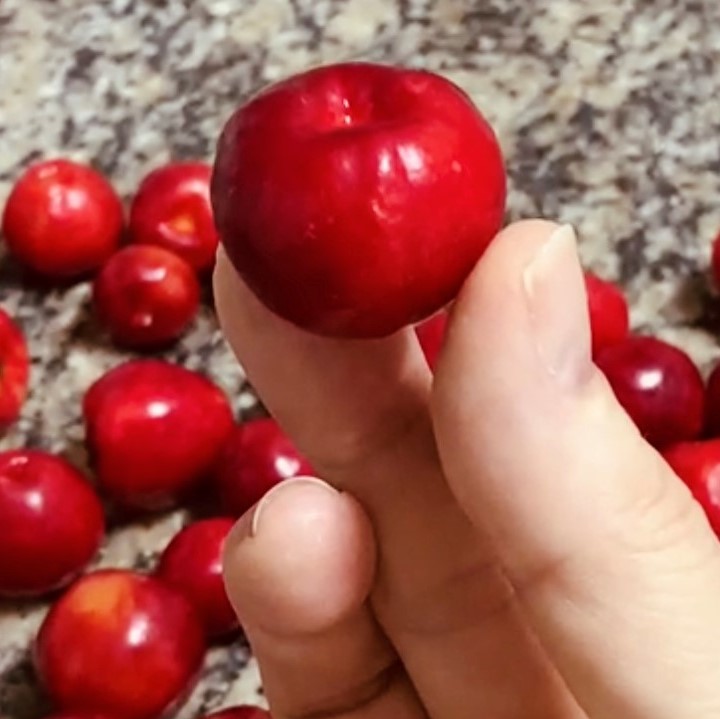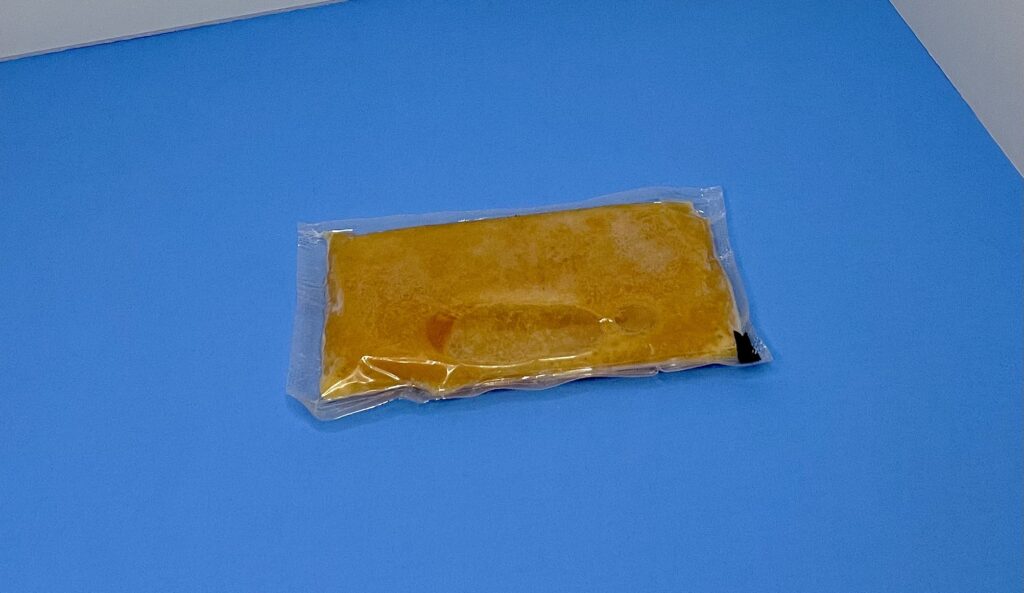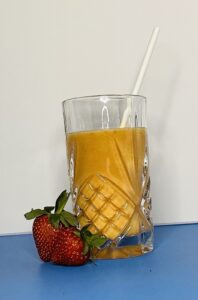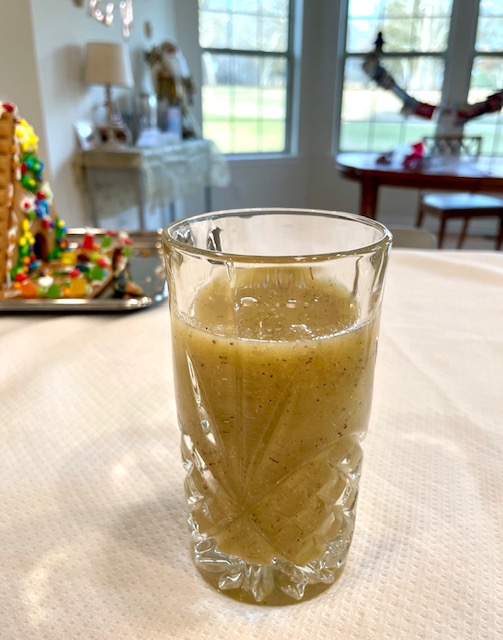If you have seasonal allergies and you enjoy eating fruits, you are reading the right article!
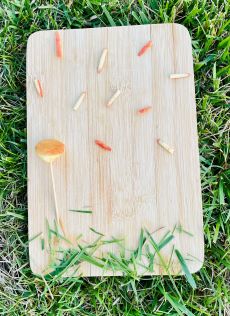
There are several fruits that provide you with specific benefits during seasonal allergies. These usually start during Spring season and can go through Fall. It’s very important to have a strong immune system during seasonal allergies. So why not start by eating clean, healthy foods like fruits. We will list here the best fruits to help you during allergy season.
- Citrus Fruits: they are full of vitamin C! The best way to increase your immunity is to get vitamin C in its most natural form. It’s good to take vitamins in capsules. It’s even better to get it from eating the actual fruit. Whole foods are full of minerals and antioxidants that aren’t found in most supplements. Oranges, lemons, grapefruits and kiwis are some examples of great fruits to eat during allergy season. Lemons and oranges are in season mostly from March through November.
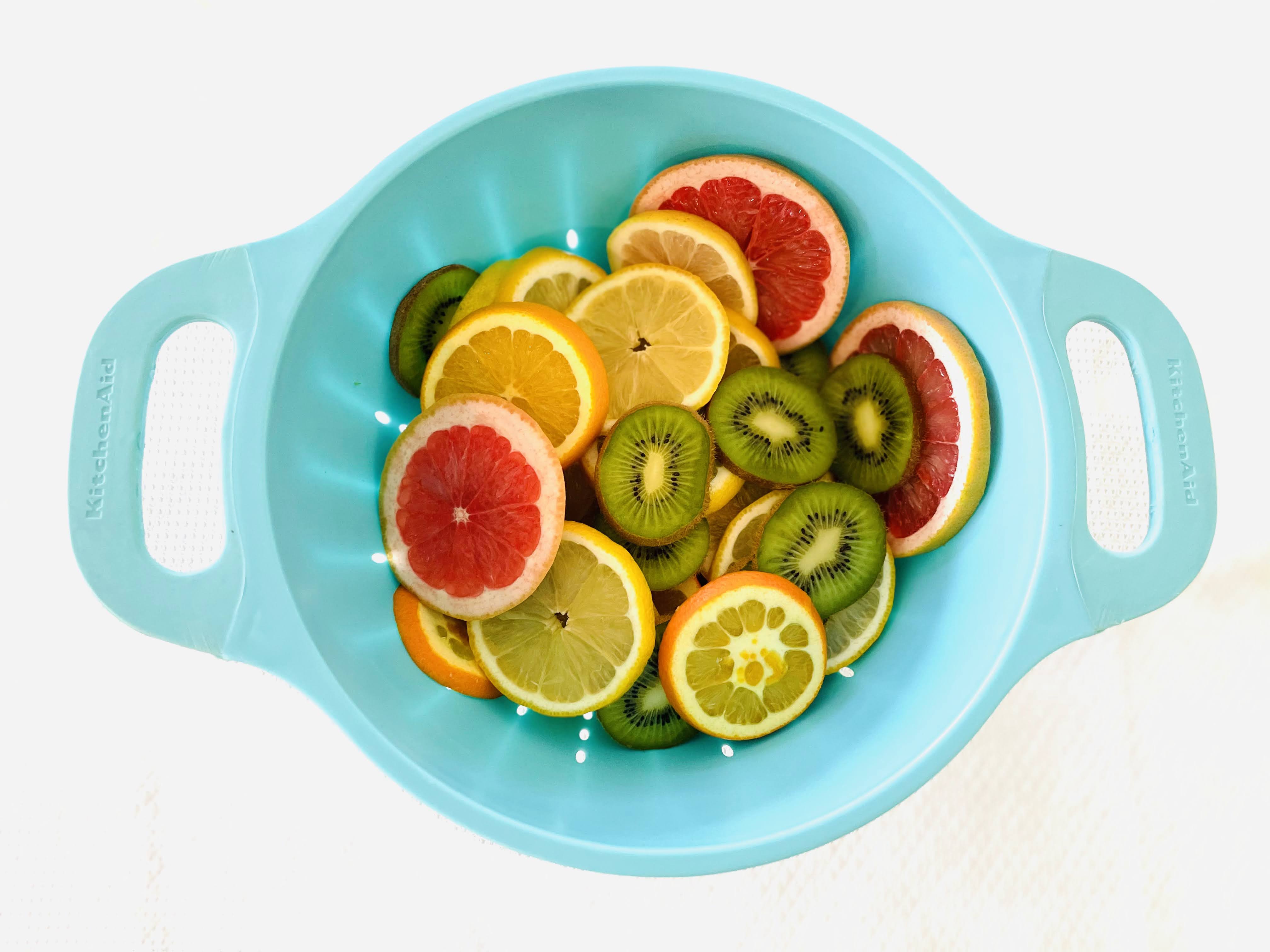
- Strawberries: they are also in season mostly from Spring until Fall! Which means you can get the best from strawberries to help you fight your allergy symptoms. Fruits are in their most nutrient rich form when they are in season! Strawberries, as other berries like blueberries, are rich in Quercetin. Some of its beneficial effects include anti-allergy and anti-inflammatory activities. Quercetin blocks histamines from cells and other allergic substance acting as a natural antihistamine. It’s ability to prevent allergic effects can help treat asthma and bronchitis.
Most red fruits contains flavonoids known as anthocyanins.
- Cherries and grapes: also acting as antihistamine, anthocyanins are helpful for reducing congestion in sinuses passages. To get the best out of these flavonoids, make sure to keep them cool. Making blueberry pancakes or boiling strawberries to make jam significantly reduce the amount of anthocyanins. Try making fresh smoothies during allergy season!
- Tomatoes: full of vitamin C and important source of lycopene. This is a carotenoide that helps reduce inflammation. It decreases the allergic response of eosinophils, a type of cell that promotes allergy symptoms. Different then berries, steaming or boiling tomatoes bring out more lycopene for optimal nutrition.
- Pineapples: they have bromelain – an enzyme that can ease sinus congestion. It fights inflammation helping reduce the swelling brought on by pollen and other seasonal allergens. Pineapples are easy to find all year-round. However, enjoy the sweetest pineapples in the Spring season, from March to July! Learn here how to pick the best pineapples at the grocery store.
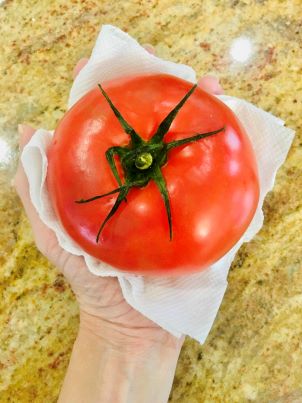
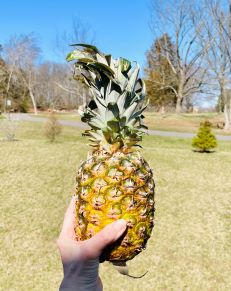
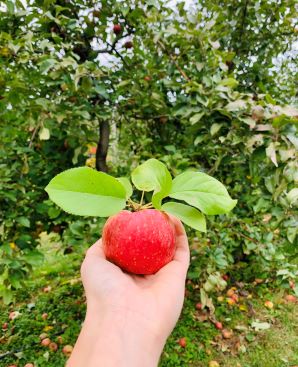
- Apples: just like berries, apples have quercetin which helps block histamines. Quercetin is found in the peel of apples. So, make sure to eat apples with skin on during allergies season! On the other hand, apples and other fruits, can cause allergy reaction to people with pollen food allergy syndrome. These fruits have proteins similar to those in allergenic trees. People who have birch pollen allergies might have reactions to apples and peaches, for example.
In general, these are the best fruits to help you during allergy season.
Fruits can be a great natural source of protection for your health if you struggle with seasonal allergies. For kids who have difficulties eating fruits, try serving them in a creative way. Check out our post to make a very easy and fun plate with bluberries and oranges. They will enjoy these and get the necessary antioxidants for the allergy season!
